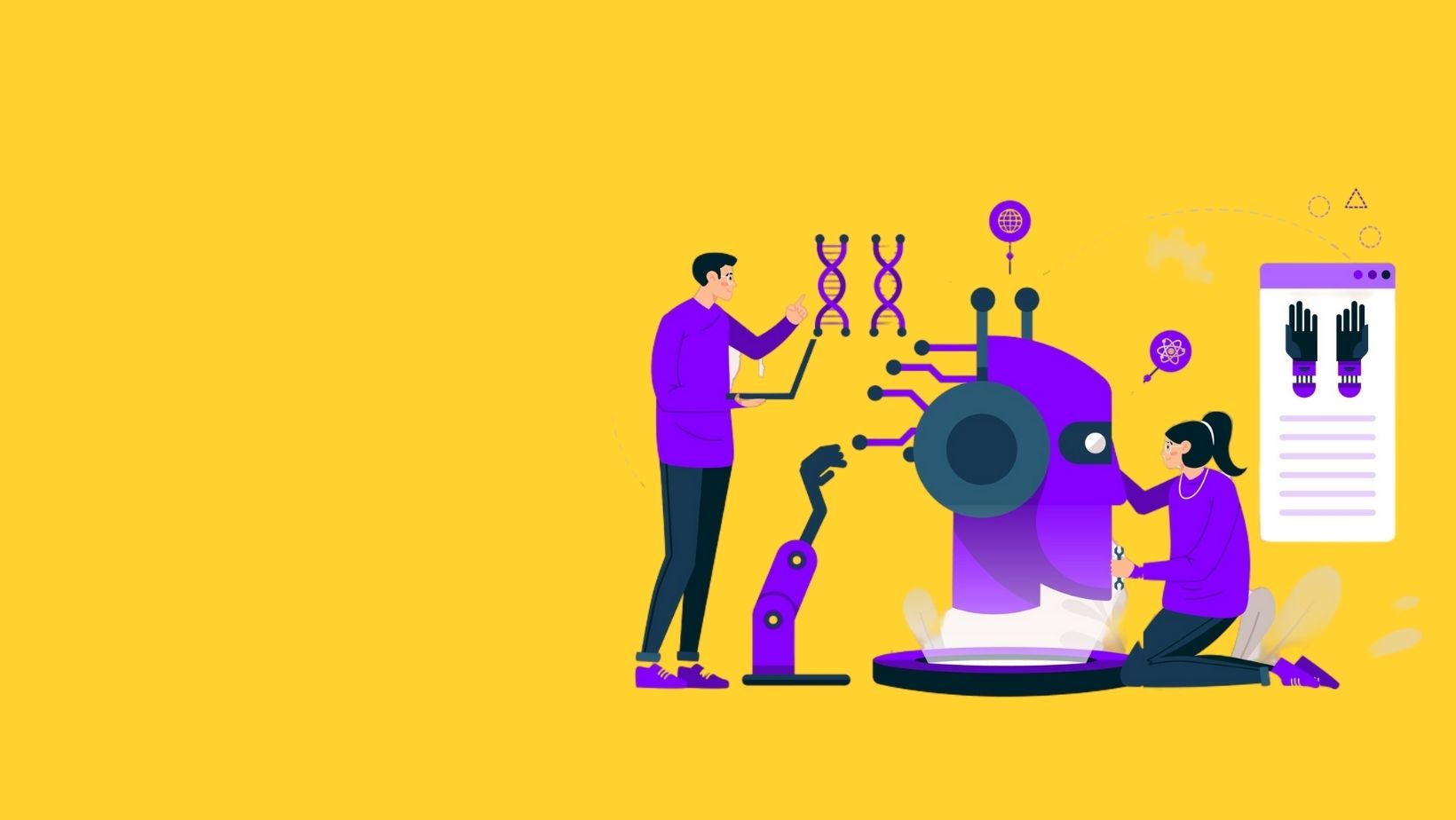The Impact of Generative AI on Workforce Productivity

As the workplace evolves, generative artificial intelligence (GenAI) is emerging as a game-changer, promising to reshape productivity in profound ways. By automating repetitive tasks, enhancing decision-making, and enabling innovative business processes, GenAI is set to redefine the future of work. In this blog post, we’ll delve into the impact of GenAI on workforce productivity, exploring its benefits, challenges, and the strategic approaches necessary for successful implementation.
Understanding Generative AI and Its Potential
Generative AI, a subset of artificial intelligence, leverages machine learning models to generate new content, ideas, or solutions based on existing data. This technology can write text, create images, design products, and even develop complex algorithms, making it an invaluable tool across various industries. The promise of GenAI lies in its ability to automate mundane tasks, allowing employees to focus on more creative and strategic activities.
Benefits of GenAI in the Workplace
- Increased Efficiency: One of the most significant benefits of GenAI is its ability to automate repetitive and time-consuming tasks. This automation leads to faster project completion, reduced errors, and lower operational costs.
- Enhanced Decision-Making: GenAI can analyze vast amounts of data quickly, providing insights and recommendations that aid in better decision-making. This capability is particularly useful in finance, healthcare, and marketing, where data-driven decisions are crucial.
- Innovation and Creativity: By handling routine tasks, GenAI frees employees to engage in more creative and innovative work. This shift can lead to the development of new products, services, and business models, driving overall growth and competitiveness.
- Personalization: In customer service and marketing, GenAI can create personalized experiences for users by analyzing their behavior and preferences. This approach improves customer satisfaction and builds loyalty.
Challenges of Implementing GenAI
While the benefits of GenAI are substantial, its implementation comes with several challenges:
- Technical Complexity: Developing and deploying GenAI systems requires significant technical expertise and resources. Organizations must invest in skilled personnel and advanced infrastructure to support these technologies.
- Change Management: The introduction of GenAI can lead to resistance from employees who fear job displacement or are hesitant to adopt new technologies. Effective strategies are crucial to address these concerns and ensure a smooth transition.
- Data Privacy and Security: GenAI relies heavily on data, raising concerns about privacy and security. Organizations must implement robust measures to protect sensitive information and comply with regulatory requirements.
- Ethical Considerations: The use of GenAI raises ethical questions, particularly regarding bias and fairness in AI-generated outcomes. Companies need to establish ethical guidelines and ensure transparency in their AI systems.
Strategic Approaches to Implementing GenAI
To fully leverage the potential of GenAI, organizations must adopt a strategic approach that includes the following steps:
- Conduct a Diagnostic Assessment: A thorough diagnostic assessment helps identify areas where GenAI can add the most value. This assessment should evaluate the current state of the organization, its digital maturity, and the specific tasks that can be automated or enhanced by GenAI.
- Develop a Roadmap: Based on the diagnostic assessment, organizations should create a detailed roadmap for GenAI implementation. This roadmap should outline key milestones, resource requirements, and timelines, ensuring a structured and phased approach.
- Prioritize High-Impact Areas: Focus on the highest potential for productivity gains. For example, technology, operations, and customer support often show significant benefits from GenAI deployment.
- Invest in Employee Training: Upskilling the workforce is crucial for successful GenAI implementation. Organizations should provide training programs to help employees adapt to new roles and responsibilities, ensuring they can effectively leverage GenAI tools.
- Foster a Culture of Innovation: Encourage a culture that embraces innovation and continuous improvement. This cultural shift can help employees view GenAI as an opportunity rather than a threat, fostering collaboration and creativity.
Case Studies: GenAI in Action
To understand the transformative potential of generative AI, let's explore real-world applications across various industries. These case studies highlight how GenAI is driving efficiency and innovation in different sectors, demonstrating its versatility and impact.
-
Healthcare
In the healthcare sector, GenAI is revolutionizing patient care and administrative processes. For instance, AI-powered diagnostic tools can analyze medical images and data faster and more accurately than human doctors, leading to quicker diagnoses and improved patient outcomes. Additionally, GenAI can automate administrative tasks such as scheduling and billing, reducing the workload on healthcare professionals.
-
Finance
In finance, GenAI is enhancing decision-making and operational efficiency. AI algorithms can analyze market trends and financial data to provide investment recommendations, helping financial analysts make informed decisions. Furthermore, GenAI can automate routine tasks such as data entry and fraud detection, improving overall efficiency and accuracy.
-
Marketing
GenAI is transforming marketing by enabling personalized and targeted campaigns. AI-powered tools can analyze customer data to create tailored marketing messages, improving engagement and conversion rates. Additionally, GenAI can generate content for social media, blogs, and advertisements, saving time and resources for marketing teams.
The Future of Work with GenAI
As GenAI continues to evolve, its impact on workforce productivity will only grow. Organizations that successfully integrate GenAI into their operations can expect significant gains in efficiency, innovation, and competitiveness. However, achieving these benefits requires a thoughtful and strategic approach, addressing both technical and human factors.
In conclusion, generative AI holds immense potential to transform the workplace, driving productivity and growth. By understanding its benefits, challenges, and strategic implementation approaches, organizations can unlock the full value of this game-changing technology.
The Path Ahead with Generative AI
The impact of generative AI on workforce productivity is profound, offering opportunities for increased efficiency, enhanced decision-making, and greater innovation. While challenges exist, a strategic and well-executed approach can help organizations navigate these hurdles and fully leverage the potential of GenAI. As we move forward, the organizations that embrace GenAI will be at the forefront of the future of work, setting new standards for productivity and growth.
Interested in diving deeper into the world of Generative AI? Explore our next articles to see how this technology is not only reshaping business models but also providing invaluable insights for business leaders. Read on to discover:
- How Generative AI is Reshaping Business Models – Uncover the dynamic changes in traditional business frameworks driven by Generative AI innovations.
- The Value of Generative AI for Business Leaders – Learn how top executives leverage Generative AI to streamline operations and enhance decision-making.
Continue your journey into the future of business with us! Click on the topics above to learn more.




